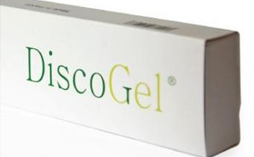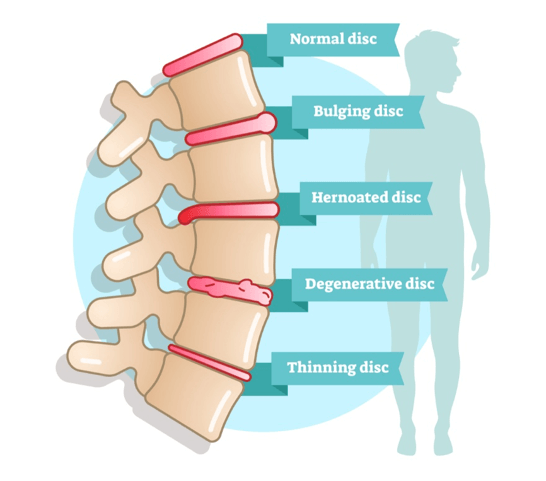
Herniated Disc medications are used to treat the pain caused by a herniated disc. They are not a cure for herniated disc, but they do alleviate the symptoms of the condition. Most treatments will involve bed rest, but in some cases, doctors may recommend an MRI or CT scan to confirm the condition. There are no specific Herniated Disc medications that can prevent or cure the condition, but there are some that can help reduce pain.
Steroid injections are used to treat herniated disc. These shots reduce the swelling around the disc and reduce pain. These are usually given in a series over several weeks. The steroid injections will also help you recover faster after the surgery. You may even be able to use other physical therapy exercises after your surgery. Herniated Disc medications are a good way to manage the symptoms of this condition.
Steroid injections are often prescribed for herniated disc pain. These contain corticosteroids, potent anti-inflammatory agents, which can reduce inflammation and relieve pain. Some people can feel some relief from these injections within the first few days, although they may take several days. Epidural steroid injections are generally prescribed three times a year. You should always discuss your herniated disc medications with your doctor. You should not solely rely on pain relievers for herniated disc pain.
Physical therapy for a Herniated Disc is another common treatment. Depending on where the herniated disc is located, pain can be severe or mild. Often, physical therapy will help you strengthen your muscles and reduce your discomfort. If physical therapy is unsuccessful, doctors may recommend steroid injections to control the inflammation. Ultimately, surgery should only be considered as a last resort for those who cannot tolerate other treatments.
Besides physical therapy, there are several herniated disc medications available that can help relieve the pain. These include prescription steroid injections, which can decrease inflammation and relieve pain. These injections are often given in multiples to alleviate the pain in a herniated disc. Once prescribed, these can be very helpful for relieving the symptoms of herniated discs. Some of them will even relieve the pain.

Home remedies for herniated discs may include heat or cold compresses. These methods are not effective in all cases, so physical therapy will be necessary for those suffering from disc injuries. Other types of medicines listed on site codewebdao.com can relieve pain and improve quality of life. During the recovery process, the patient may be advised to undergo an MRI or CT scan to diagnose the problem. After surgery to remove a herniated disc, recovery time will depend on the severity of the condition and the severity of the symptoms.
Steroid injection may be required to treat a herniated disc. These injections work by reducing swelling and inflammation around the disc, thereby relieving pain. Patients who experience severe back pain may also be advised to undergo an MRI or CT scan. However, CT is often not required for herniated discs. If bed rest is not effective, steroid injections may be used to reduce pain.
Several types of Herniated Disc medications can help reduce the pain associated with the herniated disc. The most common medication is a steroid injection, which is injected into the affected area. It helps to reduce swelling and relieve the pain caused by a herniated disc. This medication is usually given in three doses over a year. But, you should always consult with your doctor before you start taking any Herniated Disc medications.
Medications for herniated discs can be used for short-term relief. These medications are effective for short-term use. After a doctor’s examination, the patient may be put on bed rest for a few days. MRIs and CT scans can be beneficial in detecting herniated discs. This type of treatment is not suitable for long-term use. It can lead to gastrointestinal and liver problems.
Most herniated discs occur in the lumbar region. It affects the spinal cord. It contains several small bones and nerves. The vertebrae are connected by a narrow foramen. A narrow foramen can cause pressure on a nerve, causing numbness. Moreover, a bulging disc can cause numbness, muscle weakness, and pain. A herniated disc causes the insertion of a single, large hole in the spine.